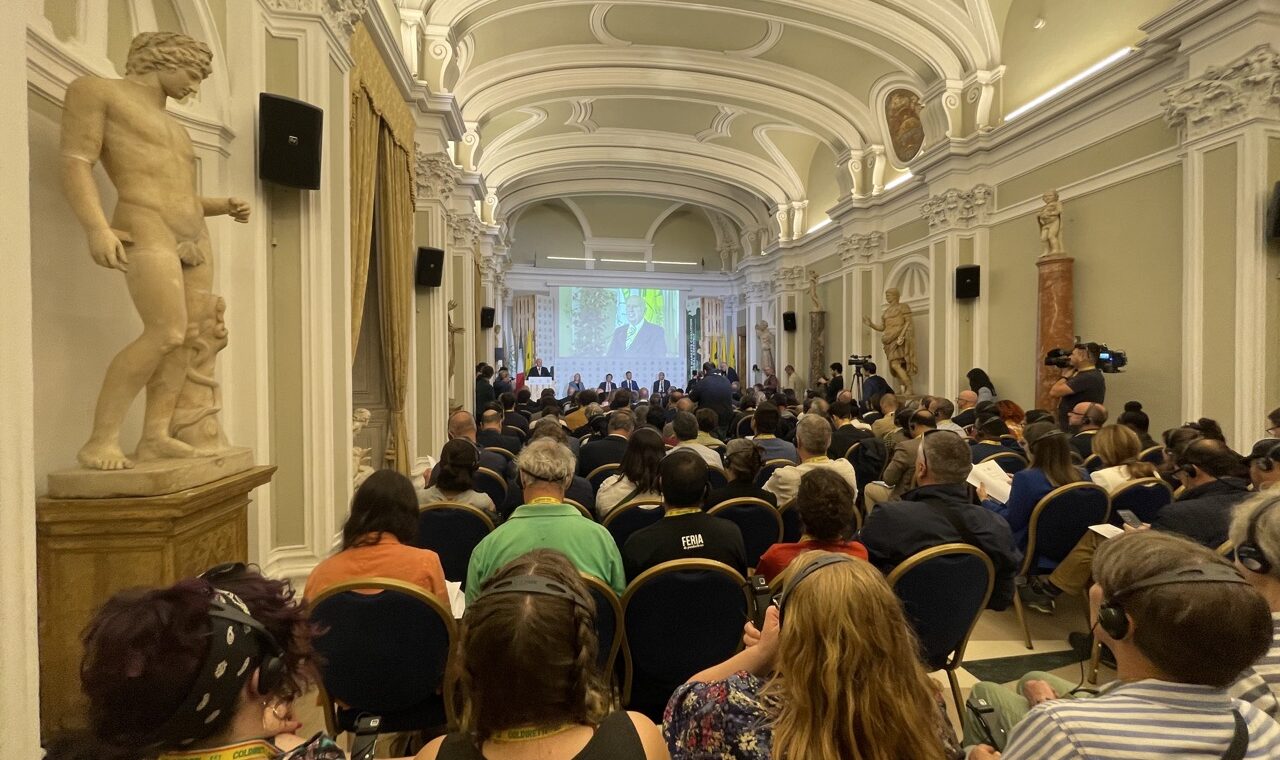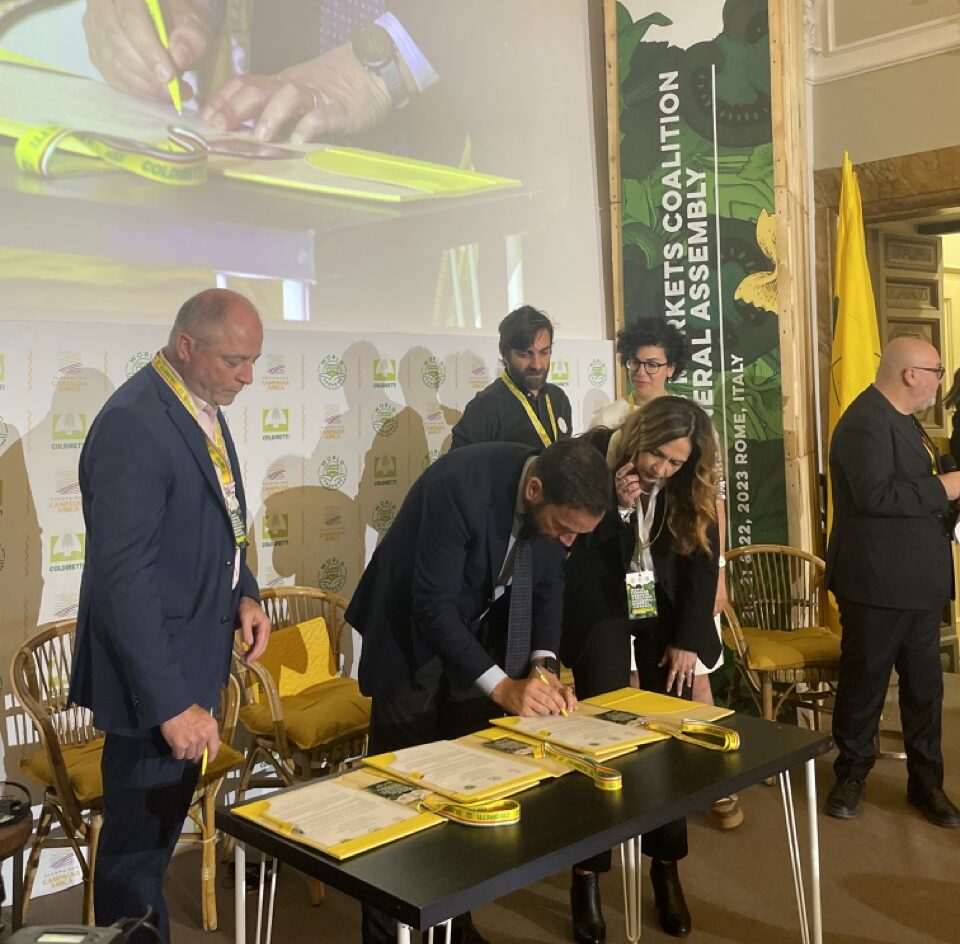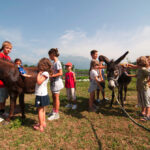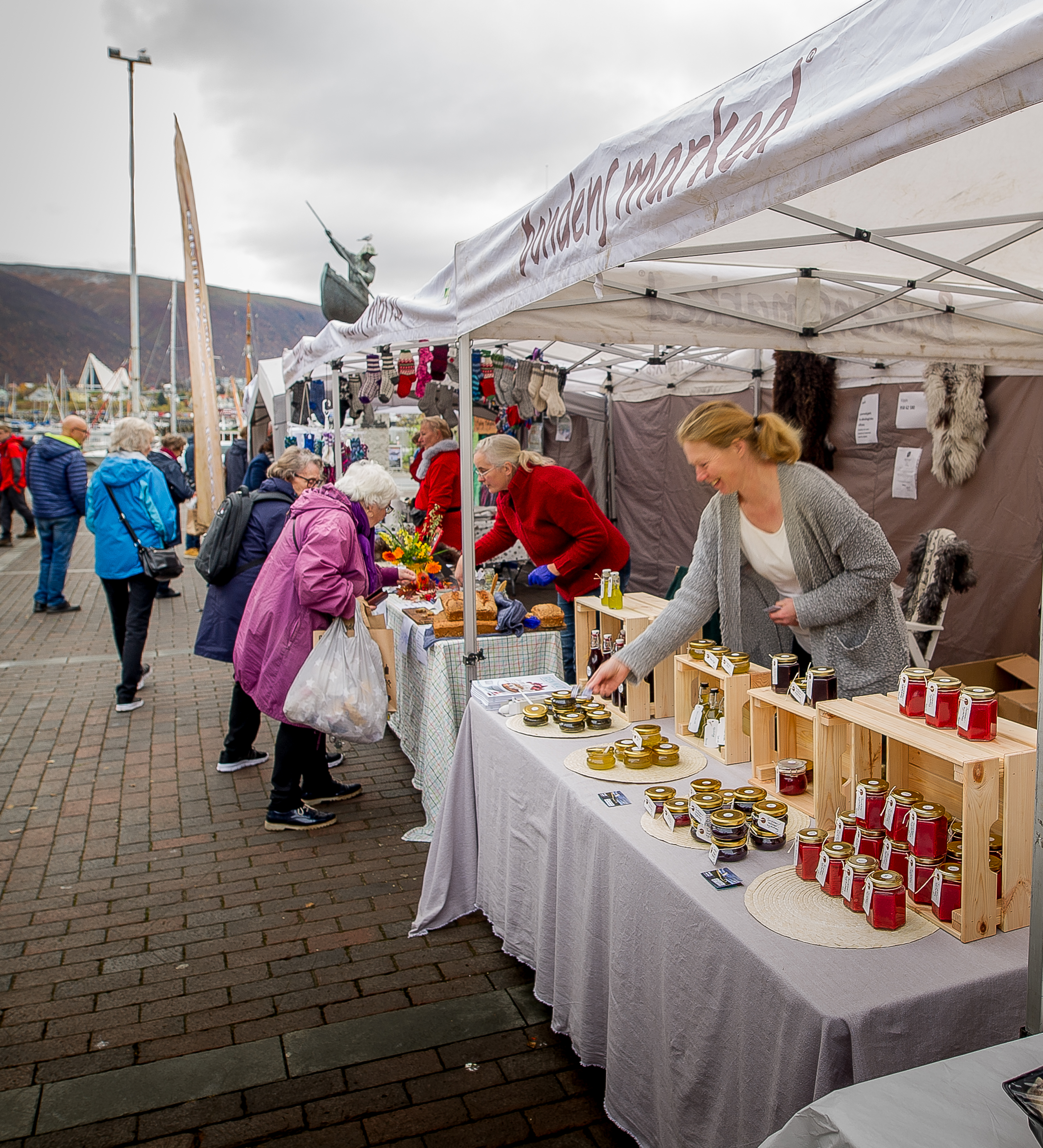At the inaugural General Assembly, WorldFMC launched its Sister Markets Program, designed to facilitate connections among farmers markets globally.
The program aims to cultivate social and economic relationships through informal exchanges and simultaneous events, all centered around promoting the consumption of fresh, seasonal, and locally sourced food and agricultural products.
By establishing sister agreements, WorldFMC recognizes the potential for improved understanding between communities, as well as the strengthening of friendship, peace, and the protection of natural resources. Furthermore, the program seeks to establish lasting cooperation and exchanges, encouraging the spread of sustainable agricultural development models that benefit agricultural producers and communities, while also fostering the relationship between the countryside and the city.
WorldFMC is committed to establishing bonds of friendship and cooperation, confident that close collaboration between participating parties will lead to significant benefits for the territories and communities involved.
During the GA, three sister relationships were formed between:
- Rome, Italy and New York City, United States of America
- Rio de Janeiro, Brazil and Tel Aviv, Israel
- Rome, Italy and Kamianets-Podilskyi, Ukraine
Rome, Italy In 2008, Coldiretti, the largest farmers’ association in Europe, launched Fondazione Campagna Amica to showcase the value and dignity of Italian agriculture, highlighting its key role in protecting not only the environment and the territory, but also traditions and culture, health, food safety, fairness, access to food at a fair price, social aggregation and employment. Their farmers markets are the ideal meeting point for the interests of farmers and consumers and are intended for everyone, with the aim of providing answers to such topical issues as diet, tourism, ecology, health and well-being, thus opening the way to a new lifestyle. Fondazione Campagna Amica represents the first structured network of local food distribution in Italy with 1198 direct sales markets, 65 of which are covered and involving 15 thousand farms, including 3000 with agritourism activities, for about 120 thousand total market days held in a year.
New York City: GrowNYC’s Food Access & Agriculture program makes fresh local food accessible to all New Yorkers. They work to strengthen food security, reduce food miles, and support sustainable agriculture in our region. GrowNYC’s network of 66 food access points across the five boroughs contributes to a vibrant, thriving, and sustainable local food system, one that prioritizes equitable and affordable access to food, and treats all stakeholders with dignity – from farmers to food chain workers, to wholesale buyers, to consumers. GrowNYC does this through their three food access models: Greenmarket, Farmstand, and Fresh Food Box. GrowNYC provides the opportunity for New Yorkers to be active participants in creating an equitable food system that supports regional farms and keeps people and the planet healthy. Their Greenmarkets support farmers and preserve farmland for the future by providing regional farmers with opportunities to sell their fruits, vegetables, and other products at our open-air farmers’ markets throughout New York City. GrowNYC operates 46 Greenmarkets throughout New York City.
Rio de Janeiro, Brazil: In 2014, Junta Local emerged from the convergence of two distinct projects. One aimed to create a website that would unite local farmers and food artisans, allowing them to showcase and directly sell their products— the concept behind “Junta,” meaning “to bring together” or a gathering place. The second project involved establishing a pick-up spot that also functioned as a small market, allowing farmers and artisans to meet face-to-face with customers who placed orders. The main concept was to enable people to meet in person, experience the products firsthand, and then make online purchases. Recognizing that good food encompasses more than just taste, Junta Local believes in forging connections with those who cultivate and craft the ingredients we consume. Initially starting as a bar and music venue that hosted markets, Junta Local expanded to larger venues and eventually spilled out onto the streets, transforming into a farmers’ market with the vibrant atmosphere of a street food market and block party.
Tel Aviv, Israel: Since its establishment in 2010, the market in the Port of Tel Aviv has emerged as a culinary destination, offering a vibrant space dedicated to local cuisine. Housed in a two-story building, the market was inspired by renowned markets like Barcelona’s “Bocaria” and London’s “Boro.” The Tel Aviv “Farmers’ Market” has also extended its reach by hosting an outdoor market every Friday, just outside the building. Here, approximately 50 small to medium-sized producers showcase their fresh agricultural produce and establishing an engaging farm-to-table experience that directly connects customers with the source. Overlooking the Tel Aviv port, this market provides customers with an alternative to industrial food, with an impressive offer of some of the best produce, cheese, fish, meat in the country.
Kamianets-Podilskyi, Ukraine: The main purpose of the Institute of Socio-Economic Regional Studies is to promote sustainable socio-economic regional development and meet the social needs of members and other citizens. Their main activities include socio-economic monitoring of regional development and risk assessment, developing analytical reports and forecasts, promoting a new economic thinking of citizens according to the principles of sustainable development, implementation of projects supporting sustainable economic development and social entrepreneurship, and promoting the development of a legal, democratic civil society. The Institute of Socio-Economic Regional Studies invites scientific organizations, universities, research and teaching staff, government officials and local governments, NGOs, business representatives, and active citizens to participate in the work.








